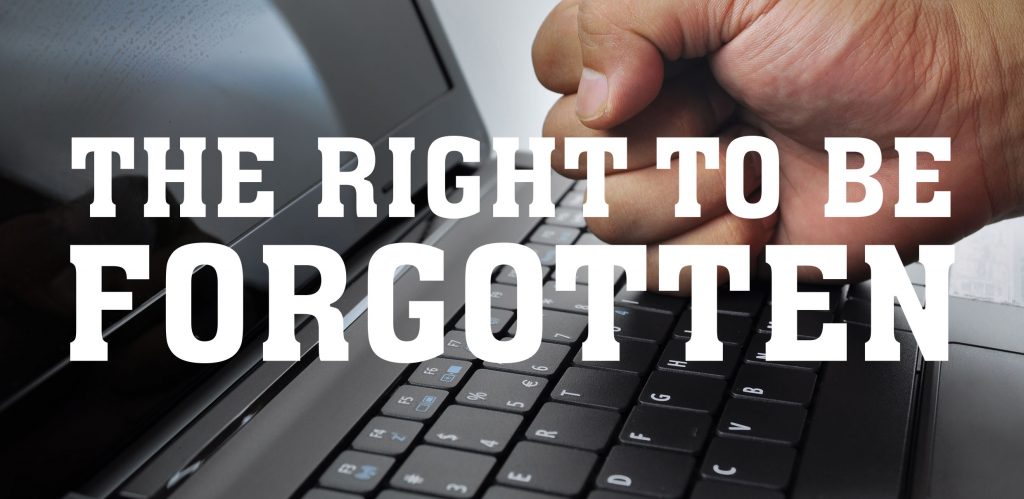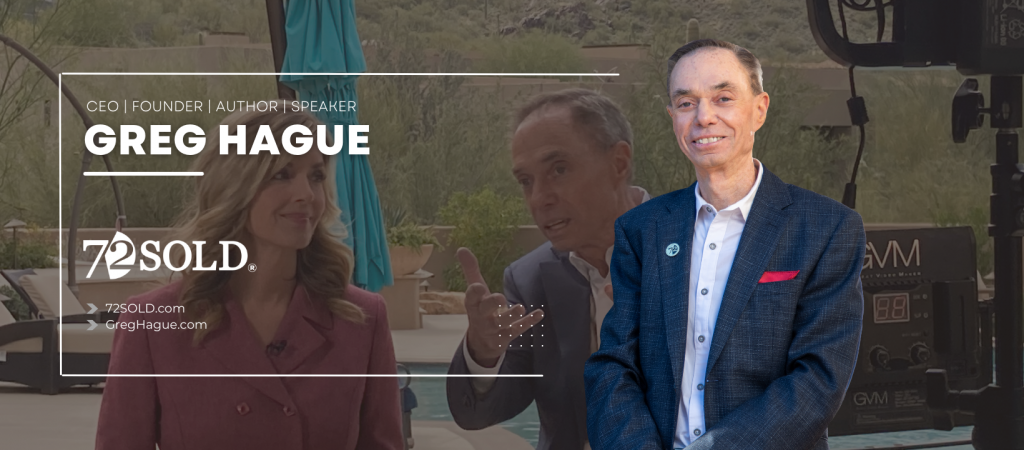Should we have the right to force Google to hide negative things about us (true or untrue) from its search results, making it hard for others to find?
Should we have the right to force Google to completely remove negative things about us from the Internet, so it no longer exists online?
Turns out some countries have addressed this issue, forcing Google into protracted legal battles.
Google Can’t Remove Online Content
Google is a search engine. It helps us find online content. It has no ability to remove online content. So the answer to my second question is realistically no.
Google can’t remove online content. Online content can only be removed by the platform that hosts it. YouTube. LinkedIn. Facebook. Thousands of blogging platforms.
Is there a way to remove online content about you? Yes, you can obtain a court order requiring the person who posted it, or the company that hosts it, to remove it. If they refuse to comply, the court might hold them in contempt, fine them $1,000/day, or even throw them in the slammer.
Google Can Make Content Hard To Find
While Google can’t remove online content, it does have the power to make it hard (or easy) for us to find. As a search engine, Google’s job is making it easy for us to find online content most relevant to our search query.
In the U.S. there are no laws that give us the right to force Google to make what we don’t like less findable. In extreme cases, courts will order online content removed (i.e. national security, child pornography), but I can’t find any case where a court ordered Google to make online content less findable.
EU Law Less Friendly To Free Speech
In European Union countries, there is a law that gives everyday citizens the right to force Google to hide unflattering content about them. In essence, EU citizens have a “right to be forgotten,” allowing them to request that Google (and other search engines) remove links to content that expresses “inaccurate, inadequate, irrelevant or excessive” information about them.
Google Decides What Goes & Stays
Citizen removal requests are submitted online through a website, and then ruled on by an “Advisory Council” of lawyers, teachers, and members of the government selected at the discretion of Google. When a request is approved, Google removes the content from its search results. As I said earlier, Google does not (and cannot) actually remove the offending online content.
Since the data privacy law was enacted in the EU, Google has received over 650,000 requests to remove more than 2,400,000 links. So far it has removed about 900,000 links.
Politicians & Businesses Take Advantage
In a “transparency report” recently released by Google, about 89% of the “forget me” requests were from “normal” citizens who wanted to make unsavory online information about them hard to find. The other 11% were applications from businesses, politicians, and public figures trying to hide information about them. Government officials alone submitted over 34,000 removal requests.
In the spirit of capitalism, a growing industry of “reputation consulting firms” is emerging in the EU, charging hefty prices to help businesses clean up a negative online image. These firms file thousands upon thousands of link removal requests, keeping Google’s Advisory Panel quite busy.
Private Company With Censorship Power
When I first discovered that EU citizens could make Google hide unflattering information about them, it reminded me of the inherent complexity in protecting free speech. Punish me after I speak lies. But muzzling my right to speak is another matter. It’s why our founding fathers made the First Amendment first.
Make no mistake that forcing Google to hide online content is free speech censorship. If you’re going to censor free speech, who decides what goes and what stays? Should we give a private company power over what we see and read online? That’s what the EU did.
The Right To Be Forgotten
Should we have a right to be forgotten online by forcing Google to manipulate search results? Should appointees of a private corporation have the right to decide what’s hidden and what’s findable? Or should we have the right to see everything, and decide for ourself what’s right, what’s wrong, and what’s slimey?
The First Amendment protects our right to see and hear everything. American courts highly favor this right, subject to minimal restrictions. Rather than censoring free speech, courts award post-publication damages for defamation.
The Slippery Slope of Censorship
In the EU, Google is essentially given the power to decide what’s findable online. Not the courts. Not the Government. Google.
In fairness to Google, it fought this law. It didn’t want the power to decide. It wanted to continue doing what it does best, making everything easily findable.
Free speech censorship is a slippery slope. It’s happening routinely in China and many other countries.
When you are tempted to restrict free speech (or alter online search results), contemplate this: “Censorship is to art as lynching is to justice.” – Henry Louis Gates
“I may not agree with you, but I will defend to the death your right to make an ass of yourself.”
– Evelyn Beatrice Hall – The Friends of Voltaire












